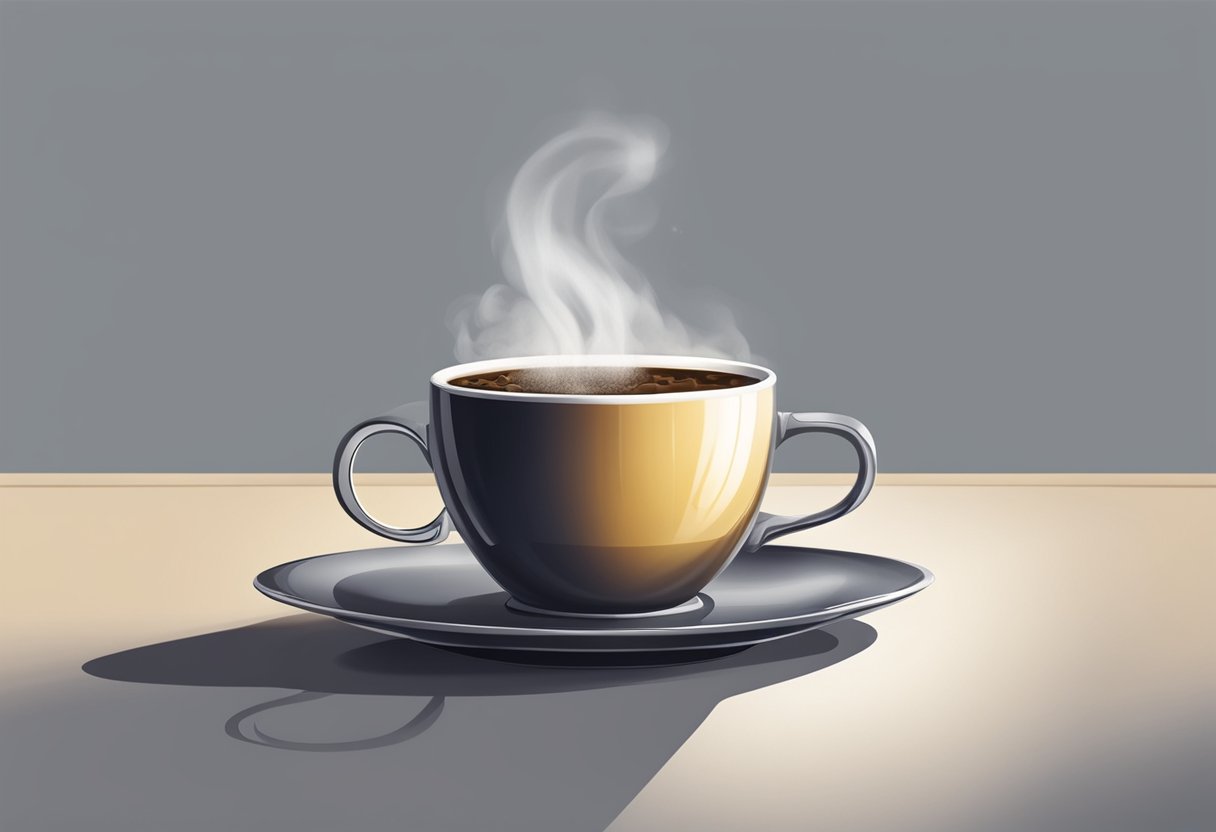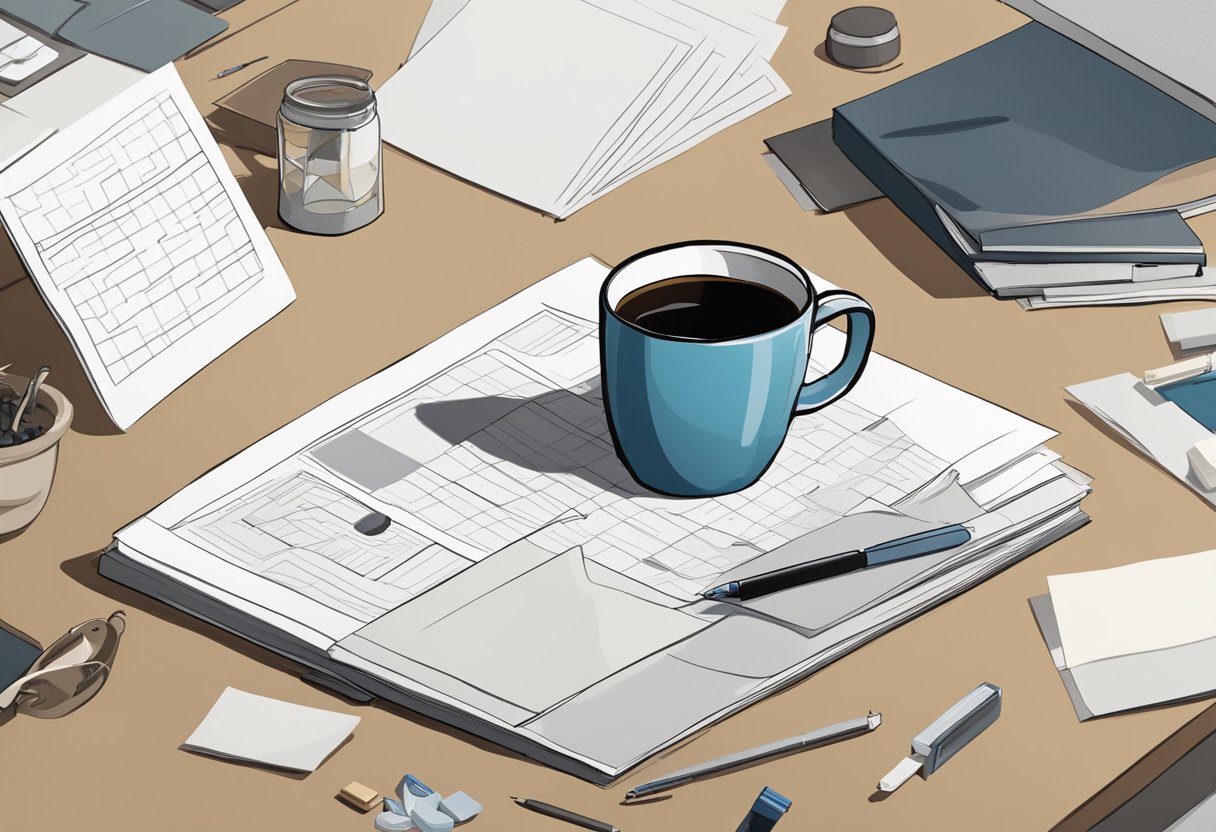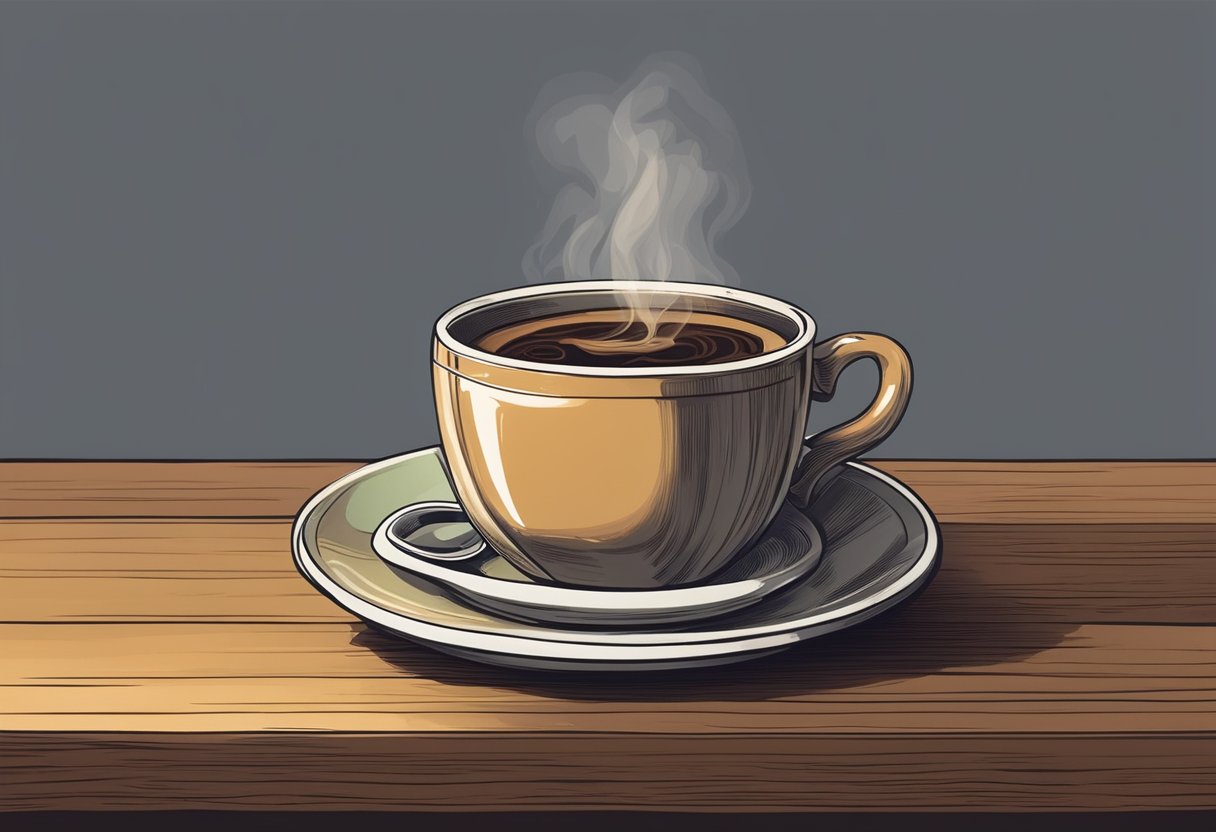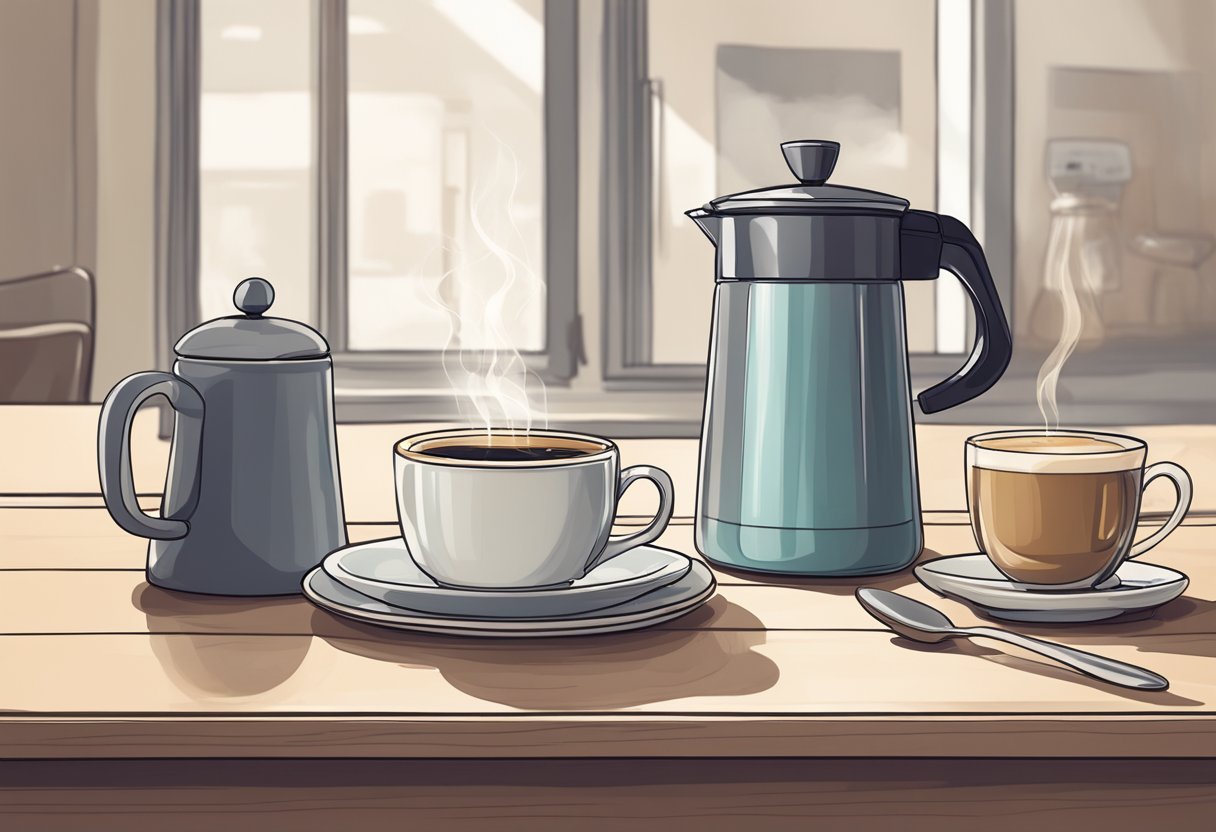1-800-982-4730
1-800-982-4730
Drinking coffee is a daily ritual for many people, and sometimes, a cup of coffee is left behind and forgotten. The question arises, can you drink a day-old coffee? The answer is yes, you can drink a day-old coffee, but there are certain things to consider before drinking it.

According to various sources, day-old coffee is safe to drink, but it may not taste as good as a fresh cup of coffee. It is important to note that if the coffee has been left out with milk or creamer already mixed in, it should not be consumed after being left out unrefrigerated for too long. If the coffee has been refrigerated, it can be consumed within 24 hours. If the coffee has been left out without any additives, it can be consumed within 12 hours.
It is recommended to reheat the day-old coffee before drinking it. Reheating the coffee will help to kill any bacteria that may have grown in the coffee. However, reheating the coffee multiple times is not recommended, as it can affect the taste and quality of the coffee. In conclusion, drinking a day-old coffee is safe, but it is important to consider the storage and reheating methods before consuming it.

When it comes to drinking coffee, many people wonder whether it's safe to drink day-old coffee. While it is generally safe to drink day-old coffee, there are some factors to consider before taking a sip.
Coffee is a perishable product, and its quality deteriorates over time. When coffee is freshly brewed, it is at its peak flavor and aroma. However, as time passes, the coffee begins to lose its flavor and aroma due to oxidation. Oxidation occurs when the coffee comes into contact with oxygen in the air, which causes the coffee to go stale.
As a result, day-old coffee is likely to taste stale and have a weaker aroma than freshly brewed coffee. However, if the coffee was stored properly, it should still be safe to drink.
One concern with drinking day-old coffee is the risk of bacterial and mold growth. Coffee is a nutrient-rich environment that can support the growth of bacteria and mold. If the coffee is left at room temperature for too long, it can become a breeding ground for harmful microorganisms.
To reduce the risk of bacterial and mold growth, it's important to store the coffee properly. Day-old coffee should be refrigerated or stored in an airtight container to prevent the growth of harmful microorganisms.
In summary, day-old coffee is generally safe to drink, but its flavor and aroma may be compromised due to oxidation. To reduce the risk of bacterial and mold growth, it's important to store the coffee properly. If the coffee smells or tastes off, it's best to err on the side of caution and avoid drinking it.

Coffee is a popular beverage enjoyed by many people around the world. However, there are times when you may find yourself with a leftover cup of coffee that you didn't finish the day before. The question then arises: is it safe to drink day-old coffee?
There are potential health risks associated with drinking day-old coffee. Coffee is a food product, and like all food products, it can become contaminated with harmful bacteria if left at room temperature for too long. Bacteria can grow rapidly in coffee that has been left out for an extended period of time, and consuming this coffee can lead to food poisoning.
To mitigate the risks associated with drinking day-old coffee, it is important to take certain precautions. If you are going to drink day-old coffee, it is best to refrigerate it as soon as possible after it has been brewed. This will slow down the growth of harmful bacteria and reduce the risk of food poisoning.
It is also important to reheat the coffee to a temperature of at least 165°F before drinking it. This will help to kill any bacteria that may have grown in the coffee while it was sitting out.
In summary, while it is possible to drink day-old coffee, it is important to take precautions to reduce the risk of food poisoning. By refrigerating the coffee and reheating it to a safe temperature, you can enjoy your leftover coffee without putting your health at risk.

When coffee is left out overnight or exposed to excessive heat, it can become acidic and bitter, resulting in a sour taste. The flavor profile of the coffee can be affected by the quality of the beans, the grind, and the brewing method. The freshness of the coffee is also a crucial factor in determining the taste and aroma.
Coffee that has been left out for a day can lose its freshness, resulting in a stale flavor and aroma. The coffee may also have a discoloration, and the coffee taste may not be as robust as a freshly brewed cup. The coffee's acidity can also be affected by the temperature, light, and exposure to air.
If you add milk or cream to your coffee, it is not recommended to drink it if it has been sitting out unrefrigerated for too long. The dairy products can spoil and cause bacteria growth, resulting in a sour taste and loss of flavor.
Coffee that has been stored in the fridge or at room temperature can be reheated in the microwave, but this can also affect the coffee's quality and flavor. Reheating coffee can cause the coffee to become bitter, and the aroma may be less potent.
In conclusion, drinking a day-old coffee is generally safe, but the quality may not be as good as a fresh pot of coffee. While the taste may be stale and the aroma less potent, day-old coffee can still provide a caffeine boost and be repurposed in creative ways. By following some simple tips, such as storing leftover coffee properly and reheating it correctly, you can enjoy your coffee without compromising its freshness and quality.

When it comes to coffee, freshness is key. But what should you do when you have leftover coffee from yesterday? Can you still drink it? The answer is yes, you can drink day-old coffee, but it's important to take some precautions to ensure that it's safe and still tastes good.
To preserve day-old coffee, it's important to store it properly. The best way to do this is to transfer the coffee to a sealed or airtight container and store it in the refrigerator. This will help prevent the coffee from going stale and keep it fresh for up to 48 hours.
If you don't want to drink day-old coffee, there are still plenty of creative ways to use it. Here are a few ideas:
Reheat it: If you don't mind drinking reheated coffee, you can simply heat up the day-old coffee in the microwave or on the stove. Just make sure to heat it to the desired temperature and stir well before drinking.
Recipes: Day-old coffee can be used in a variety of recipes, such as cakes, brownies, and even savory dishes like chili. Simply substitute the coffee for water or milk in your recipe for a delicious coffee flavor.
Coffee ice cubes: Freeze day-old coffee in an ice cube tray and use the coffee cubes to make iced coffee. This is a great way to add flavor to your iced coffee without watering it down.
Plants: Use day-old coffee as a natural fertilizer for your plants. The acidity in coffee can help plants grow and thrive.
It's important to note that day-old coffee can go bad and become contaminated with bacteria if it's not stored properly. If the coffee has been sitting out for more than 2 hours, it's best to throw it out to avoid any potential health risks.
In summary, day-old coffee can be preserved and reused if it's stored properly and used within 48 hours. If you don't want to drink it, there are plenty of creative ways to use it. Just make sure to avoid contamination by storing it in a sealed container in the refrigerator and throw it out if it's been sitting out for too long.